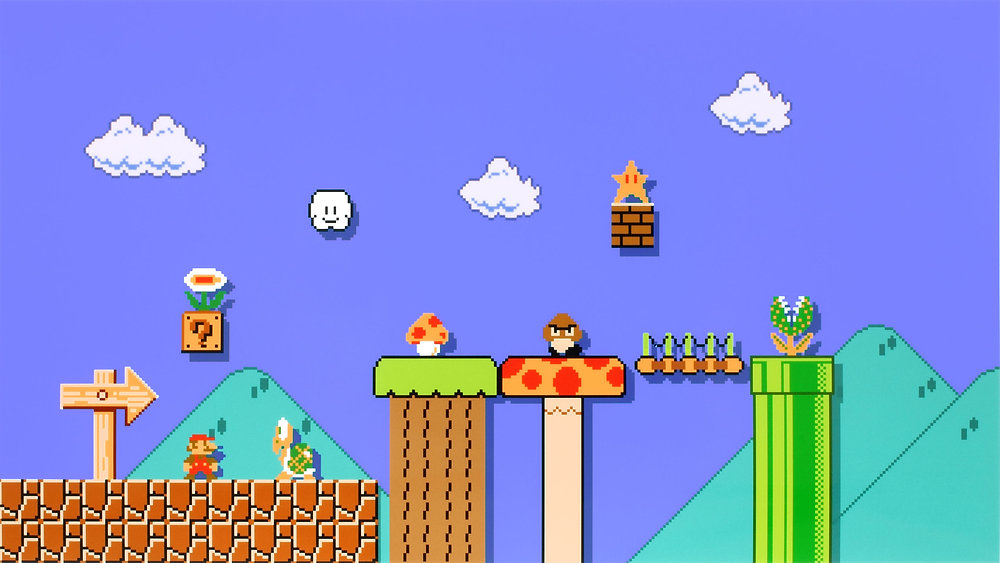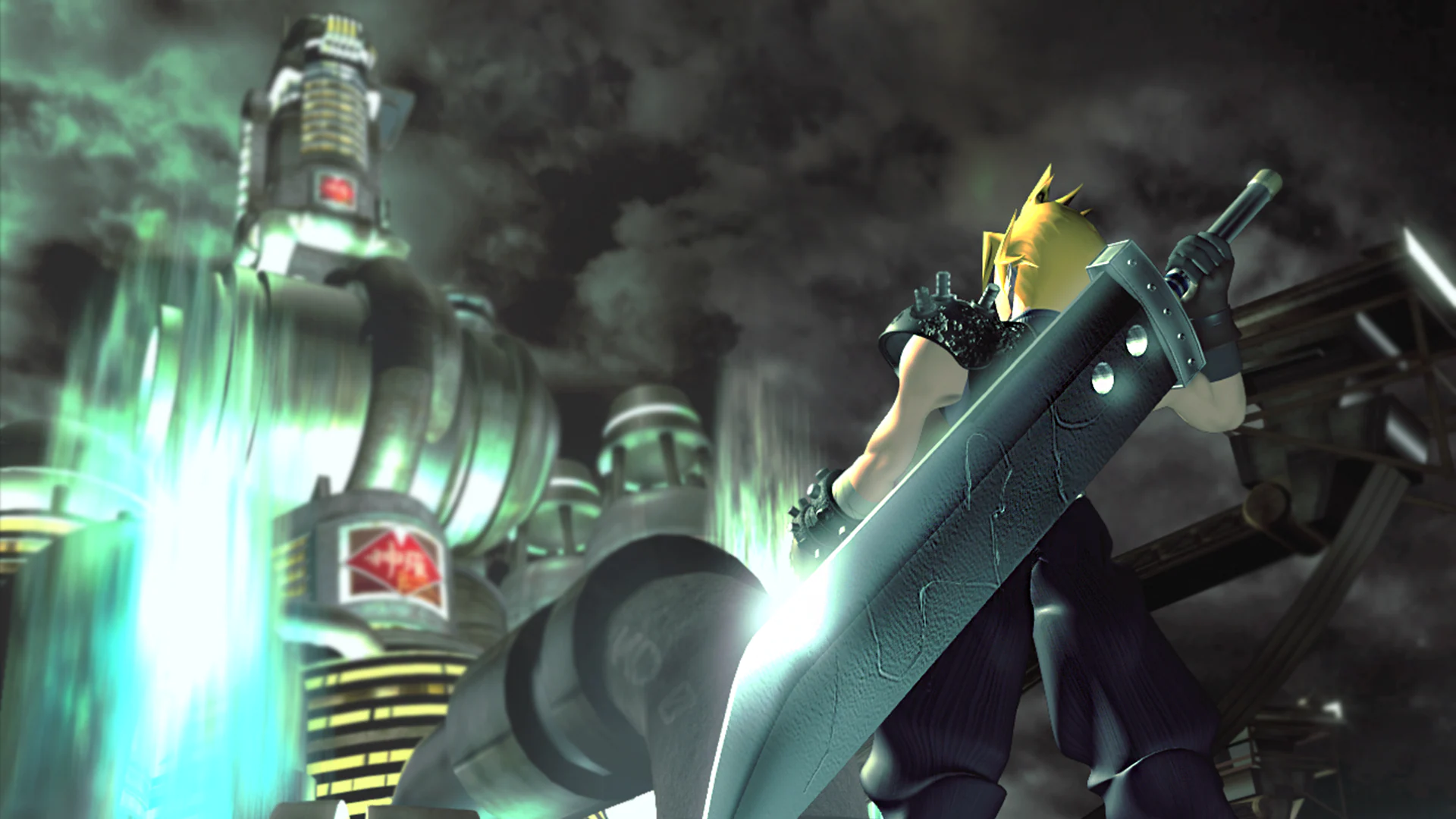Classic Game Reviews: Revisiting Timeless Titles and Their Impact
In the ever-evolving world of video games, some titles stand out as timeless classics. These games not only defined their respective eras but also left a lasting impact on the gaming industry, influencing gameplay mechanics, storytelling, and design choices for years to come. Whether through groundbreaking technology, innovative gameplay, or unforgettable stories, these games have earned their place in the annals of gaming history. Let’s revisit a few of these iconic titles and explore their impact on the gaming landscape.

Super Mario Bros. (1985)
The Birth of Platforming Excellence
When Super Mario Bros. was released for the Nintendo Entertainment System (NES) in 1985, it didn't just change the course of video games; it completely redefined the platforming genre. The game introduced players to the now-iconic Mario and his brother Luigi as they embarked on a mission to rescue Princess Toadstool from the evil Bowser.
What set Super Mario Bros. apart was its precise and responsive controls, innovative level design, and the introduction of side-scrolling gameplay. It was one of the first games to feature a coherent world with multiple levels, and each stage was packed with unique challenges, from jumping over pits to dodging enemies. It created a blueprint for platformers that would influence nearly every game in the genre to follow.
Impact on Gaming:
-
Platforming Revolution: Super Mario Bros. popularized the side-scrolling platformer genre and set the standard for future games in the genre, including Sonic the Hedgehog and Rayman.
-
Level Design: The game's stages were meticulously crafted, offering a balance of challenge and accessibility that many games would strive to replicate.
-
Cultural Icon: Mario became not just a video game character but a cultural icon, representing the face of Nintendo and gaming as a whole.
The Legend of Zelda: Ocarina of Time (1998)
A Masterpiece in 3D Adventure
Released for the Nintendo 64, The Legend of Zelda: Ocarina of Time is widely regarded as one of the greatest video games ever made. The game’s groundbreaking use of 3D graphics, open-world exploration, and real-time combat set a new benchmark for the action-adventure genre.
The story follows Link, the hero of the series, on his quest to stop the evil sorcerer Ganondorf from taking over the kingdom of Hyrule. Along the way, players solve puzzles, engage in combat, and explore a vast world filled with secrets and hidden treasures. The game’s mechanics, such as its lock-on targeting system (Z-targeting), innovative use of the ocarina, and time-based puzzles, were revolutionary at the time.
Impact on Gaming:
-
3D World Exploration: Ocarina of Time set a precedent for 3D exploration in video games. Its open-world design influenced later titles like The Elder Scrolls V: Skyrim and Breath of the Wild.
-
Storytelling and Immersion: The game’s immersive world and deep narrative showed that video games could offer rich, emotional experiences, paving the way for future RPGs and action-adventure games.
-
Gameplay Innovations: Ocarina of Time’s mechanics, especially the use of Z-targeting in combat and puzzles, are still referenced and used in games to this day.
Tetris (1984)
The Puzzle That Changed Everything
Tetris, created by Russian game designer Alexey Pajitnov, is a deceptively simple yet endlessly addictive puzzle game. The objective is to arrange falling tetrominoes (shapes made up of four blocks) in a way that clears lines from the screen. Despite its simple premise, Tetris became one of the most influential and enduring games of all time.
The game was initially developed for the Soviet Union’s Elektronika 60 computer but later spread worldwide when it was ported to the Game Boy in 1989. It was a massive hit, attracting players of all ages and backgrounds with its combination of challenge and accessibility. The game’s calming yet exhilarating pace, paired with its iconic music, created a universally appealing experience.
Impact on Gaming:
-
Puzzle Genre Pioneer: Tetris established the puzzle genre in gaming, influencing countless other puzzle games such as Bejeweled, Candy Crush, and Lumines.
-
Portable Gaming: Its success on the Game Boy demonstrated the potential of handheld gaming devices and helped to shape the future of portable gaming.
-
Cultural Legacy: Tetris remains a part of gaming culture, from its music to its impact on game design. The game has been ported to almost every gaming platform, ensuring its legacy endures.
Final Fantasy VII (1997)
An Epic RPG That Redefined Storytelling
Released on the Sony PlayStation, Final Fantasy VII is one of the most beloved and influential RPGs of all time. The game was a technological marvel for its time, with full-motion video cutscenes and 3D environments, and it introduced gamers to the expansive world of Gaia.
The story follows Cloud Strife, a mercenary who joins a group of rebels, AVALANCHE, to stop the powerful Shinra Corporation from exploiting the planet’s resources. As Cloud and his companions journey through the world, they uncover secrets about their pasts and ultimately face the threat of the enigmatic Sephiroth. The game’s deeply emotional narrative, memorable characters, and intricate world-building raised the bar for storytelling in video games.

Impact on Gaming:
-
Storytelling in RPGs: Final Fantasy VII set a new standard for narrative-driven RPGs, blending deep character development with a complex story that explored themes of identity, loss, and environmentalism. It influenced games like The Witcher 3 and Mass Effect.
-
Technical Achievements: The use of 3D environments, cinematic cutscenes, and an expansive soundtrack helped bring the world of Final Fantasy VII to life, making it a technical and artistic breakthrough.
-
Global Appeal: Final Fantasy VII was a global phenomenon, helping to establish the RPG genre as a mainstream genre in the West.
Pong (1972)
The Beginning of Video Game History
In 1972, Atari released Pong, one of the first commercially successful video games. The game was a simple two-player simulation of table tennis, where players control paddles to hit a ball back and forth across the screen. Its simplicity was part of its charm, and it became a hit in arcades, signaling the beginning of the video game industry.
While Pong might seem primitive by today’s standards, its success helped establish video games as a viable form of entertainment and led to the creation of more complex arcade games, eventually launching the gaming industry as we know it.
Impact on Gaming:
-
Birth of the Video Game Industry: Pong is widely considered the game that kickstarted the commercial video game industry, paving the way for the arcade boom and the home console market.
-
Cultural Milestone: Pong became a cultural phenomenon, introducing millions of people to video games and influencing future generations of developers.
Conclusion
The classic games we’ve revisited in this article are much more than just nostalgic relics of the past. They represent significant milestones in the evolution of gaming, setting the stage for the advanced and varied gaming experiences we enjoy today. From the groundbreaking platforming of Super Mario Bros. to the story-driven epic of Final Fantasy VII, these games have shaped the industry, influencing everything from game design to storytelling, and their impact is still felt in modern titles. Revisiting these timeless classics not only reminds us of gaming’s rich history but also highlights how far the industry has come—and how much further it’s still evolving.












